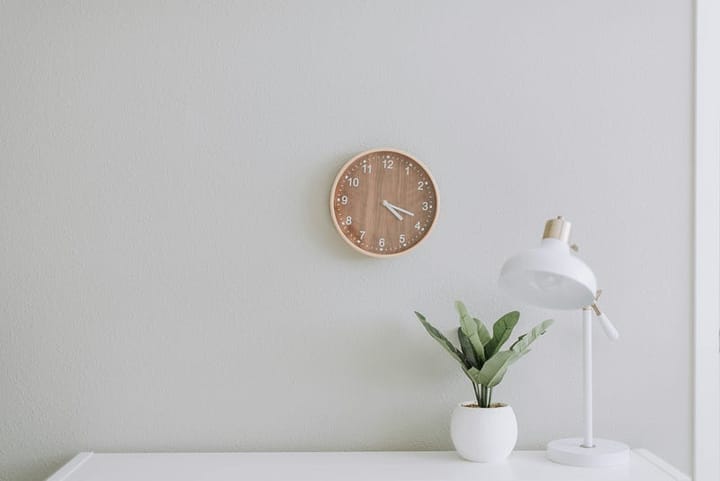What does it mean to live well? For many, success has been traditionally tied to material wealth, career achievements, and accumulating…
What does it mean to live well? For many, success has been traditionally tied to material wealth, career achievements, and accumulating more. But as more people embrace the idea of simplicity, the concept of living well is being redefined. It’s not about how much you have; it’s about how much you enjoy, appreciate, and make the most of what you do have. Shifting your mindset can help you embrace simplicity, find fulfillment, and live well on less.
Why Living Well Doesn’t Mean Having More
The constant pursuit of more can leave us feeling stressed, overwhelmed, and disconnected from what truly matters. Instead of chasing external markers of success, living well on less invites us to focus on the quality of our lives. Here’s why it matters:
Less Clutter, More Clarity
When you reduce the physical and mental clutter in your life, you create space for what truly brings you joy and purpose. Living with less means you’re not tied to maintaining or paying for excess. This financial and mental freedom allows you to focus on experiences and relationships instead of possessions. Stop comparing yourself to others and start appreciating what you have, and you’ll find that true contentment doesn’t come from having more but from needing less.
Mindset Shifts for Embracing Simplicity
Living well on less starts with changing how you think about success and happiness. Ask yourself: What does success mean to me? Instead of defining it by income or possessions, focus on what makes you feel fulfilled — whether it’s spending time with loved ones, pursuing a passion, or living in alignment with your values. Focus on quality over quantity. Prioritize quality relationships over belongings. A few meaningful connections or well-chosen items can bring more satisfaction than a multitude of superficial ones.
Practice Gratitude, and Embrace Minimalism
Gratitude shifts your focus from what you lack to what you already have. Make a habit of reflecting on the good in your life, whether it’s a cozy home, a supportive friend, or a beautiful sunset. Minimalism isn’t about deprivation; it’s about intentionality. By choosing what adds value to your life and letting go of the rest, you’ll feel lighter and more focused. Research shows that experiences — like a hike in nature or a meal with friends — bring more lasting happiness than material purchases. Shift your spending toward creating memories rather than accumulating objects.
Practical Tips for Living Well on Less
Once you’ve adopted a simpler mindset, it’s time to put it into practice.
Create a budget that reflects your priorities. Align your spending with what truly matters to you. If travel or education brings you joy, allocate funds there and cut back on areas that don’t add value.
Declutter regularly. Go through your belongings and ask, “Do I use this? Does it bring me joy?” Donate or sell items that no longer serve you.
Simplify your schedule, because busyness doesn’t equal productivity. Prioritize your time for activities and people that align with your values, and don’t be afraid to say no.
Cook at home. Cooking simple, nutritious meals at home is a great way to save money while enjoying healthier and more satisfying food.
Before making a purchase, pause and ask yourself: “Do I really need this? Does it align with my goals?” Mindful spending reduces impulse buys and ensures your money goes toward what truly matters.
Living well on less isn’t about sacrifice; it’s about creating a life filled with intention, connection, and contentment. By redefining success and focusing on what matters most, you can simplify your life and make room for the things that truly bring you joy. Remember, it’s not about what you have — it’s about how you live.






Comments ()